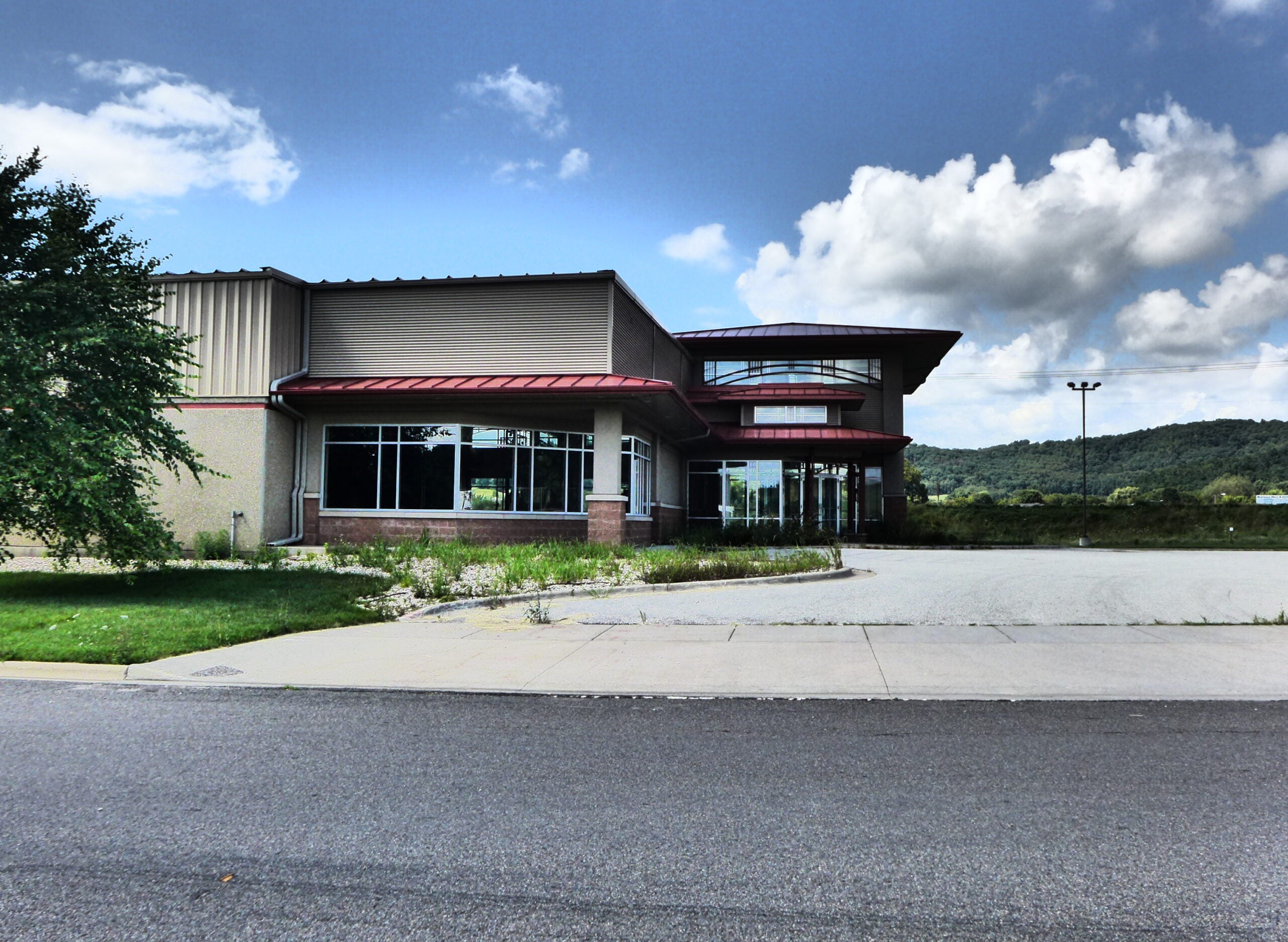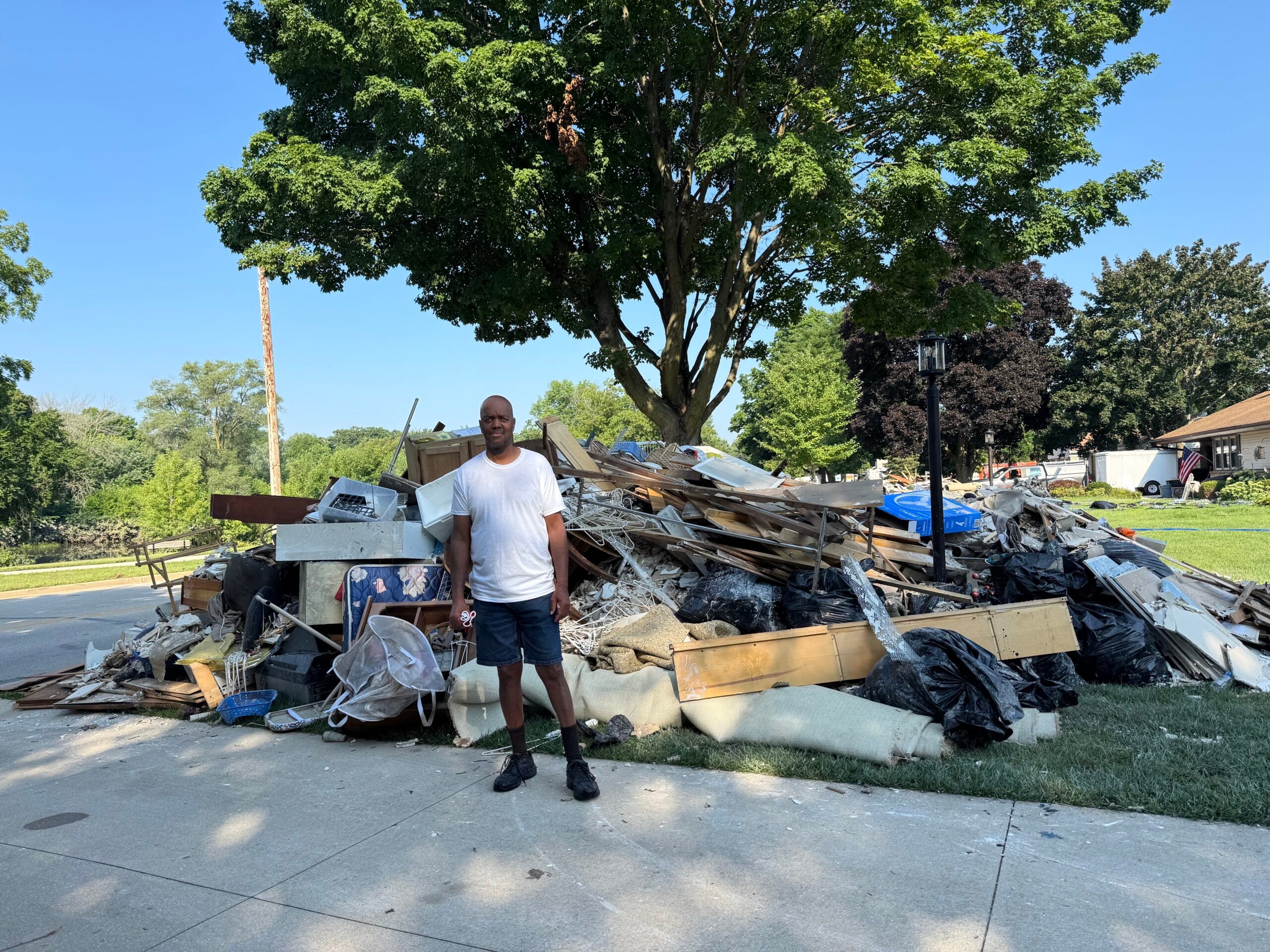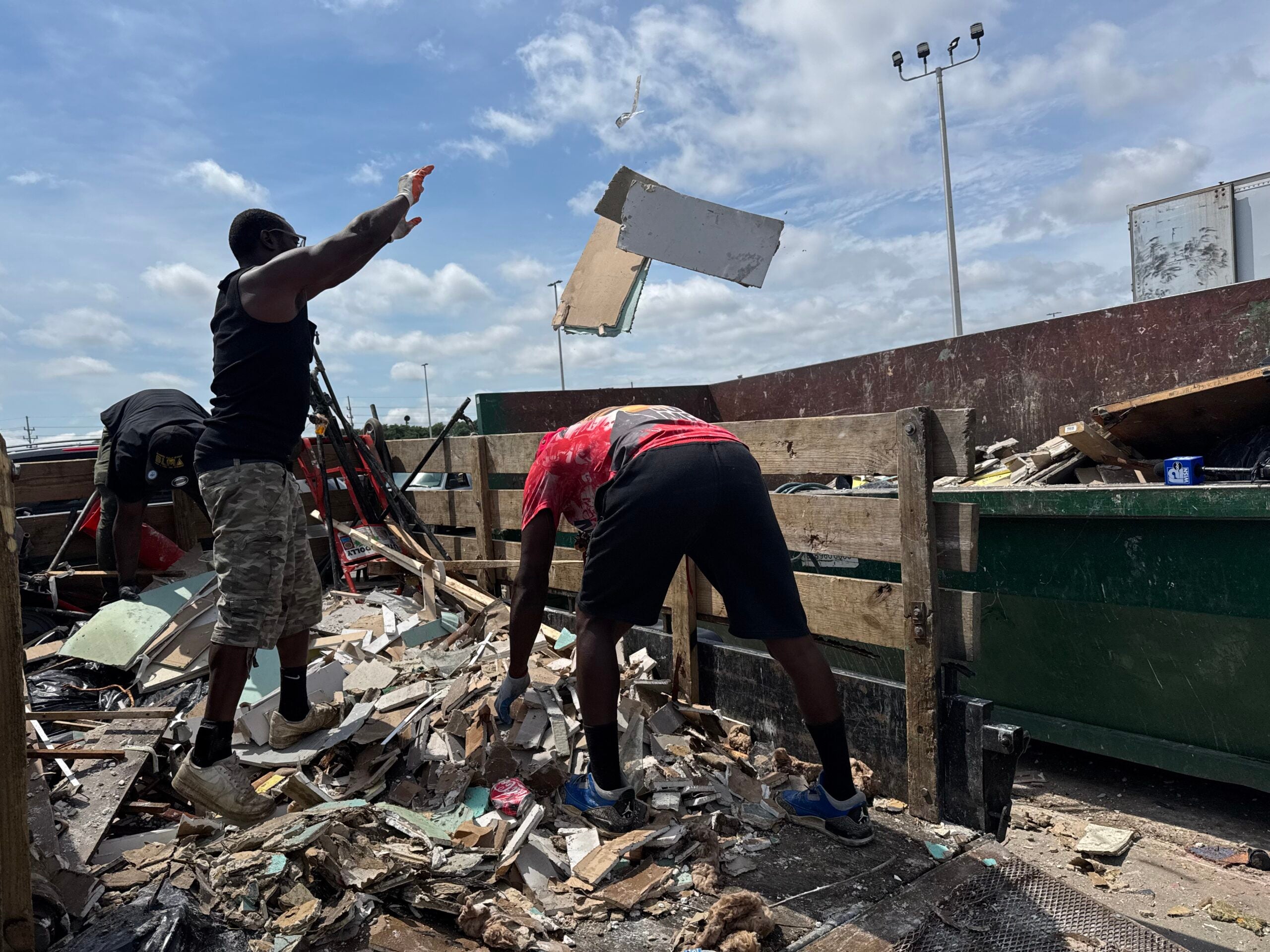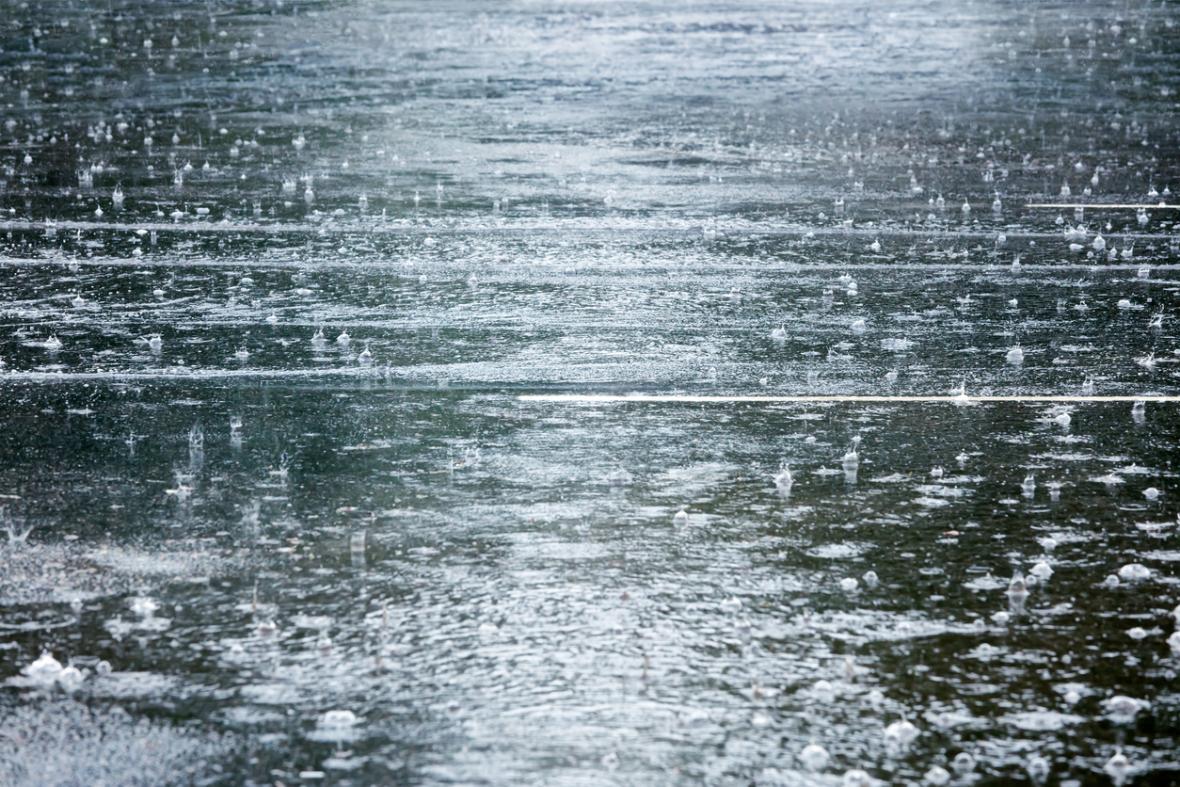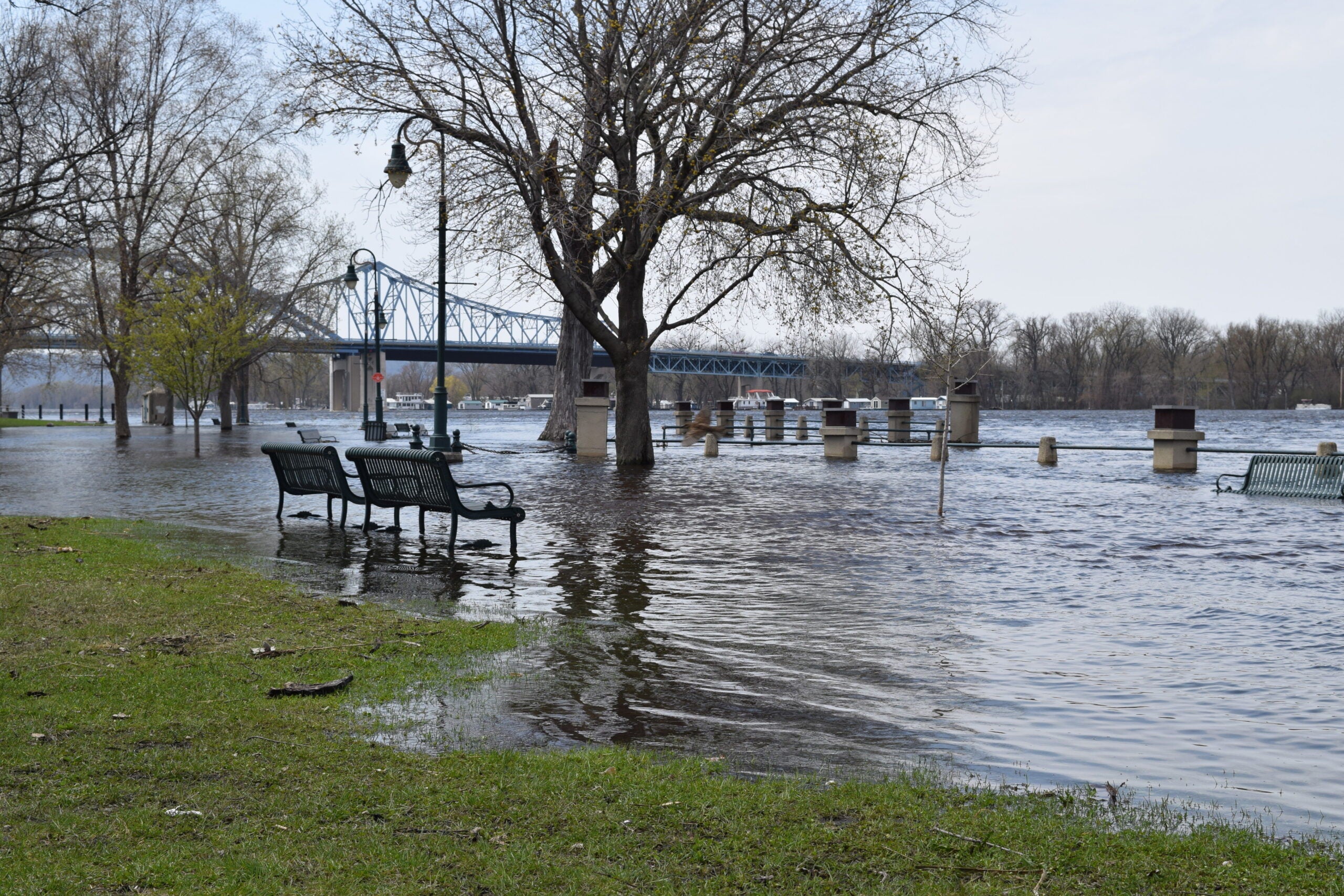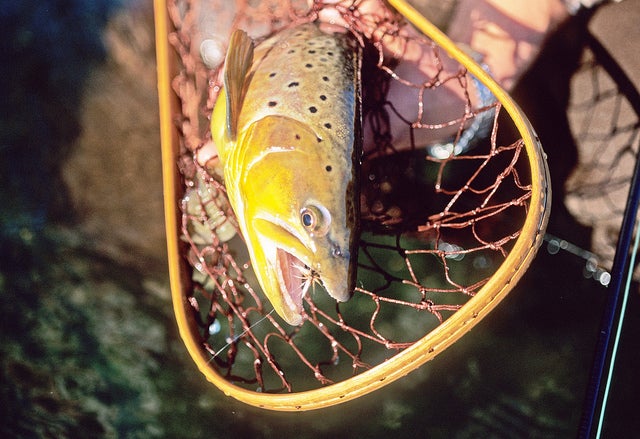La Crosse area municipalities, organizations, and businesses are working together to create an educational site where residents can learn how to reduce storm water runoff.
While each community has its unique storm water challenges, the issue is complicated in La Crosse. The area’s slopes, clay soil, and a heavily paved urban area can cause water to rush into rivers and streams at a high velocity.
La Crosse County land conservation specialist Mary Jo Webster said the runoff is having huge effects on the Mississippi River and its tributaries. She said it’s blowing out small streams, producing more silt, and preventing pollution filtration.
News with a little more humanity
WPR’s “Wisconsin Today” newsletter keeps you connected to the state you love without feeling overwhelmed. No paywall. No agenda. No corporate filter.
“You lose your groundwater recharge. If it all runs off and runs down the surface water, you’re not getting your recharge like you used to get,” she said.
Webster is a member of the La Crosse Urban Storm Water Group. One of its charges is educating residents how to best manage runoff through projects like rain gardens or setting up rain barrels. The group is beginning to find partners to create a storm water educational site at the new Habitat for Humanity ReStore in Onalaska. It would be the first of its kind in the area.
La Crosse Public Works Assistant Director Bob Haines said getting more businesses and homeowners to think consciously about runoff will not only reduce their storm water utility bill, but can enhance the river’s health.
“It’s hard to envision one person making a difference in the Mississippi River. A rain barrel is typically 50 gallons. That’s a drop in the ocean. But if we all did it, we would see impacts,” Haines said.
The group hopes to have the storm water management site completed within the year.
Wisconsin Public Radio, © Copyright 2026, Board of Regents of the University of Wisconsin System and Wisconsin Educational Communications Board.

